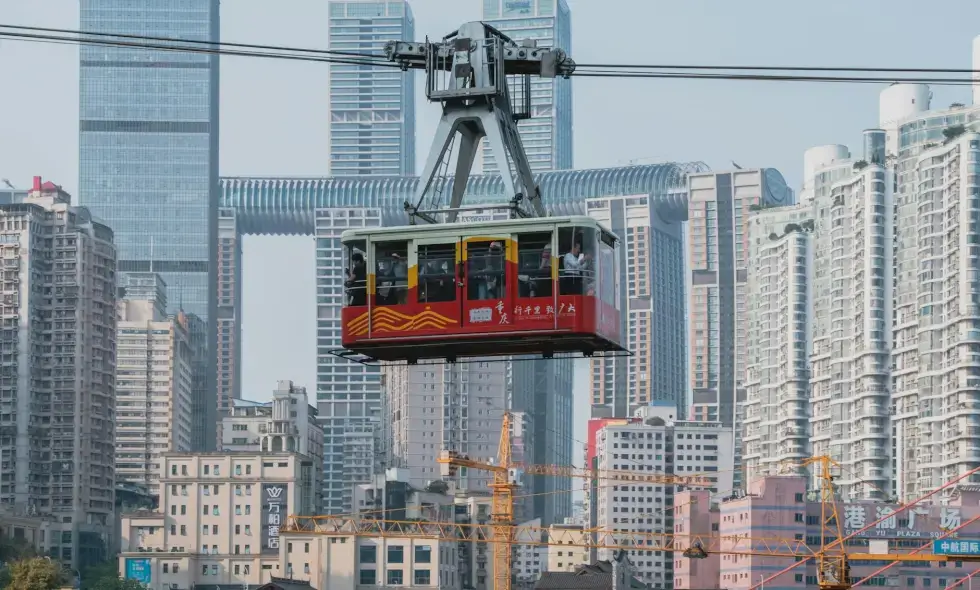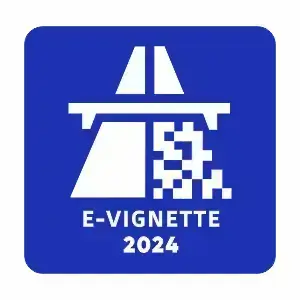On November 24, the population of the country will decide whether to expand six highway sections. The costs were set at 4.9 billion Swiss francs by the federal government, but Astra expects significantly higher costs. Its financial implications are a decisive factor in many voting issues. However, caution is needed when the federal government publishes cost estimates. This was also recently revealed in the AHV calculation error. Many polls used unrealistic numbers to ultimately decide the issue. Finances are not the focus of the November referendum, although the planned amount of 4.9 billion is not negligible either. The government itself doubts whether this is enough to implement six projects. Astra details the highway expansion plans on its website, and also that their cost is 5.8 billion Swiss francs. This is 900,000 francs more than what the federal government communicates to voters.
According to Astra, five projects are more expensive than indicated by the government, "NZZ" reports. So where do the cost figures in the voting materials come from? They are still from 2020, when the draft was made. Although updated, higher costs were prepared later, the government ultimately used the originally published figures in the information sheet. Opponents of the expansion plan strongly criticize the government for its handling of the data. Selim Egloff, a representative of the VCS and the gender camp, claims that the government embellishes the data. He believes the actual cost of the projects will be much higher, especially if work begins around 2030. According to "K-Tipp", which also opposes the plan, the expected costs exceed 7 billion francs.
According to Astra, in addition to the planned works, other necessary works are not included in the expansion projects. In order not to have too many separate constructions, they are carried out when there is already significant construction going on. Over time, by the time construction could begin following the approval of the referendum, more money would be needed, if only because of inflation. This is compounded by the fact that public infrastructure projects often exceed their initial budget. "NZZ" points to a study prepared by Astra in 2009, which showed that calculations are typically exceeded by 20 percent when constructing tunnels. The Riedbergtunnel is one of the most significant examples. It started to be built in 2004 and was initially estimated to cost 54 million Swiss francs, but is now estimated at 220 million. The two 500-meter tunnels are planned to be opened in 2025 or 2026.



 Deutsch (DE)
Deutsch (DE)
 Greek (GR)
Greek (GR)
 Italiano (IT)
Italiano (IT)
 Magyar (HU)
Magyar (HU)
 Polski (PL)
Polski (PL)
 Română (RO)
Română (RO)
 Slovensky (SK)
Slovensky (SK)
 Slovenščina (SL)
Slovenščina (SL)
 Türkçe (TR)
Türkçe (TR)
 Česká (CZ)
Česká (CZ)








